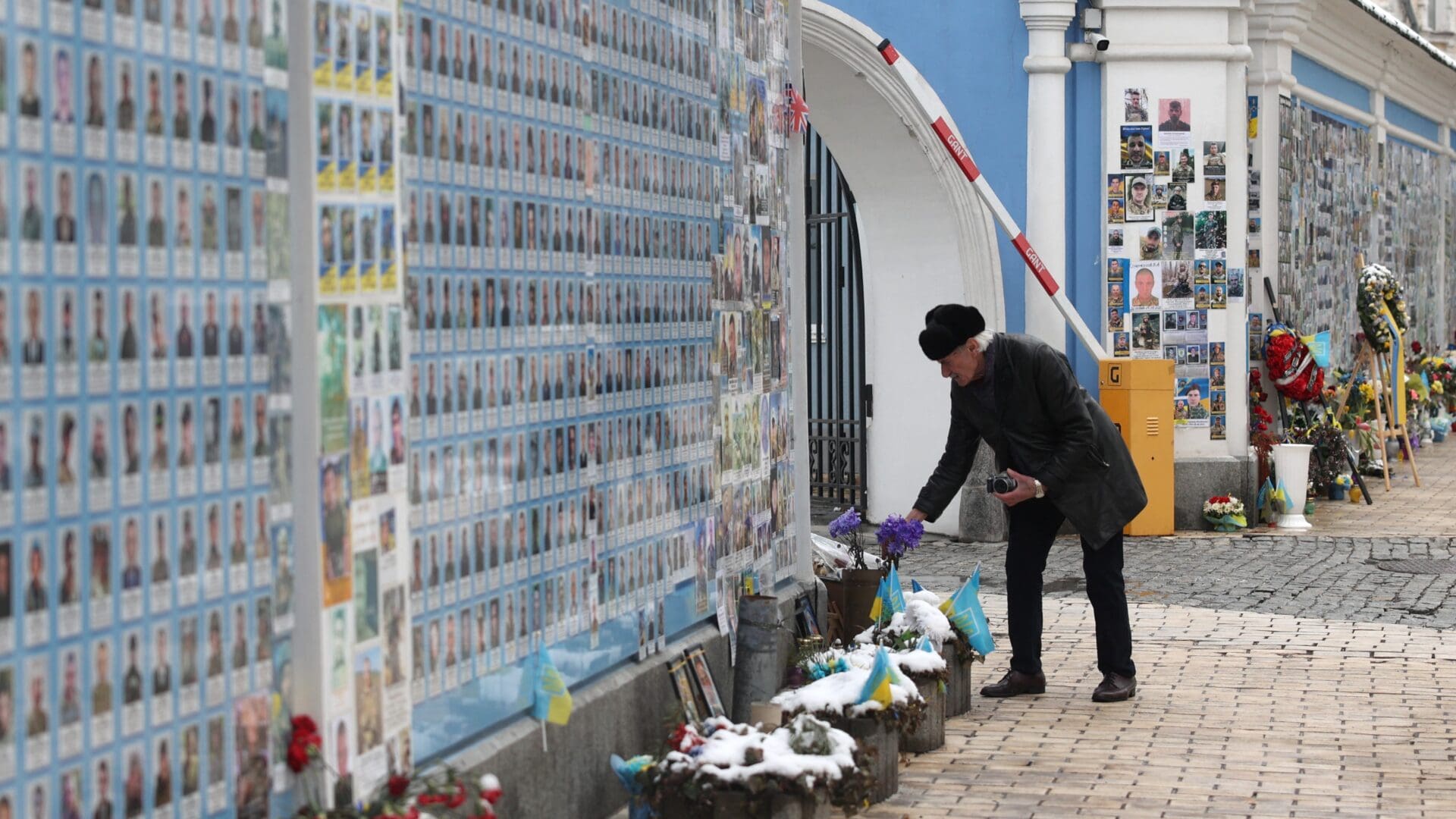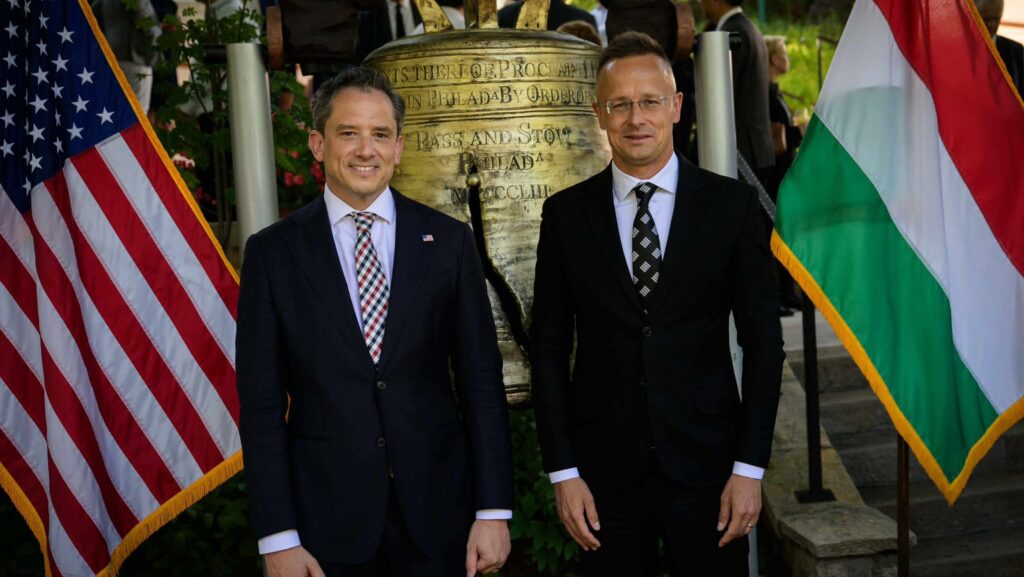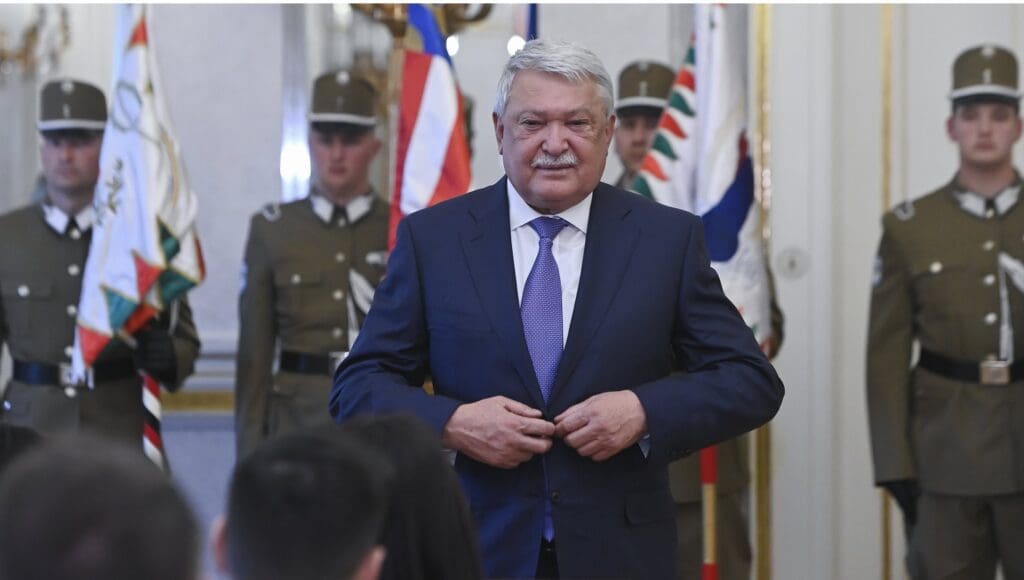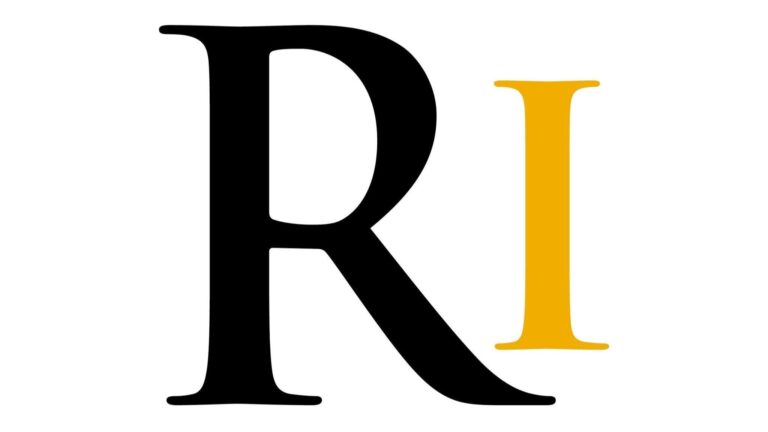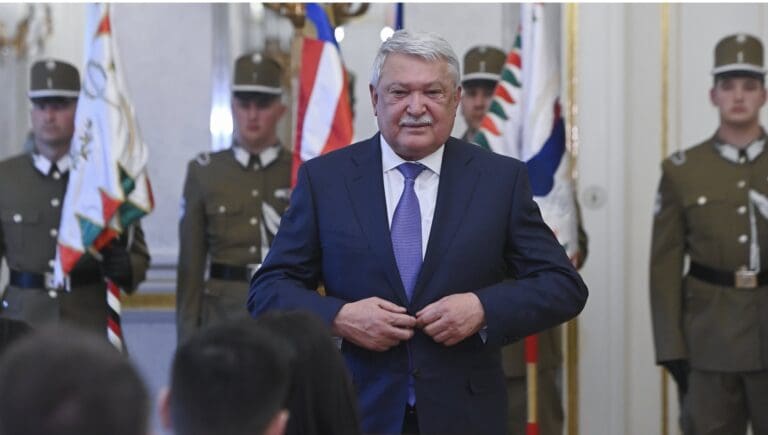Last week, Pope Francis’ statement regarding Ukraine and peace talks sparked considerable controversy. According to the Head of the Catholic Church, true courage lies in acknowledging the gravity of the situation and advocating for innocent lives by moving forward negotiations and raising the white flag.
Pope Francis subsequently became the subject of criticism from Ukraine. Ukrainian Foreign Minister Dmitro Kuleba addressed the Pope on X, questioning the Catholic Church’s approach in the first half of the 20th century—an apparent allusion to the Church’s failure to oppose the Nazis during World War II. ‘I urge to avoid repeating the mistakes of the past,’ Kuleba wrote.
Ukrainian President Volodymyr Zelenskyy, without directly mentioning the Pope, accused the Church leader of attempting to mediate in the war from a distance of thousands of kilometers, which he deemed ineffective. NATO Secretary General Jens Stoltenberg also joined the chorus of critics, stating: ‘President Putin started this war and he could end it today, but Ukraine does not have this option. Surrender is not peace.’
POLITICO, which cannot be accused of being pro-Russian, recently published a very interesting article on the aforementioned subject. The opening sentence itself reveals a sharp change of narrative:
‘In the months before Russia invaded Ukraine, many European leaders buried their heads in the sand, refusing to acknowledge the impending threat of war. Now, with the conflict into its third year, they don't dare speak about peace.’
POLITICO, which has consistently criticized Hungary and PM Viktor Orbán over the past two years, often portraying Hungary’s pro-peace stance on the war as being aligned with Russia, is now
pointing out that European leaders are hesitant to engage in discussions about peace.
Let that sink in.
The article, co-authored by six journalists, proceeds to highlight that Ukraine’s situation has reached unprecedented levels of severity, a level haven’t seen in the two years of open conflict. The article attributes this to several factors, including the unsuccessful counter-attack last year, the advancement of Russian forces, and the uncertainty surrounding Western support, particularly from the US. Additionally, the potential election victory of Donald Trump is identified as a factor that could further exacerbate the situation in Ukraine.
According to POLITICO, circumstances have played a significant role in the strong opposition to Pope Francis' words. ‘Asking that question [of peace]—even in private—triggers a horrified response from many of the Western officials,’ the article stated. One EU official interviewed by the paper suggested that ‘Central European states’—likely referring to Poland and the Baltic states—are particularly steadfast in their stance, fearing potential Russian aggression following Ukraine. ‘They remain afraid that they will be next once we concede to Putin.’
The article also highlights that despite the negative developments for Ukraine, many Western capitals are still unwilling to consider peace, including London, Berlin and, with Emmanuel Macron’s recent U-turn, Paris. ‘Unlike in Europe and the U.K., in Washington the topic of negotiations is not taboo,’ POLITICO notes.
The article then reminds that Russian President Vladimir Putin has openly expressed his readiness to engage in negotiations to end the war, and off the record, several European governments have recognized the necessity for peace talks. The EU official quoted earlier stated: while the idea of peace talks is a no-go for countries that fear they could be Putin’s next target, those hawkish nations may ultimately be disappointed. He added:
‘At a certain point, we will have to start talking about peace and potentially even about giving up a piece of land.’
Related articles:

